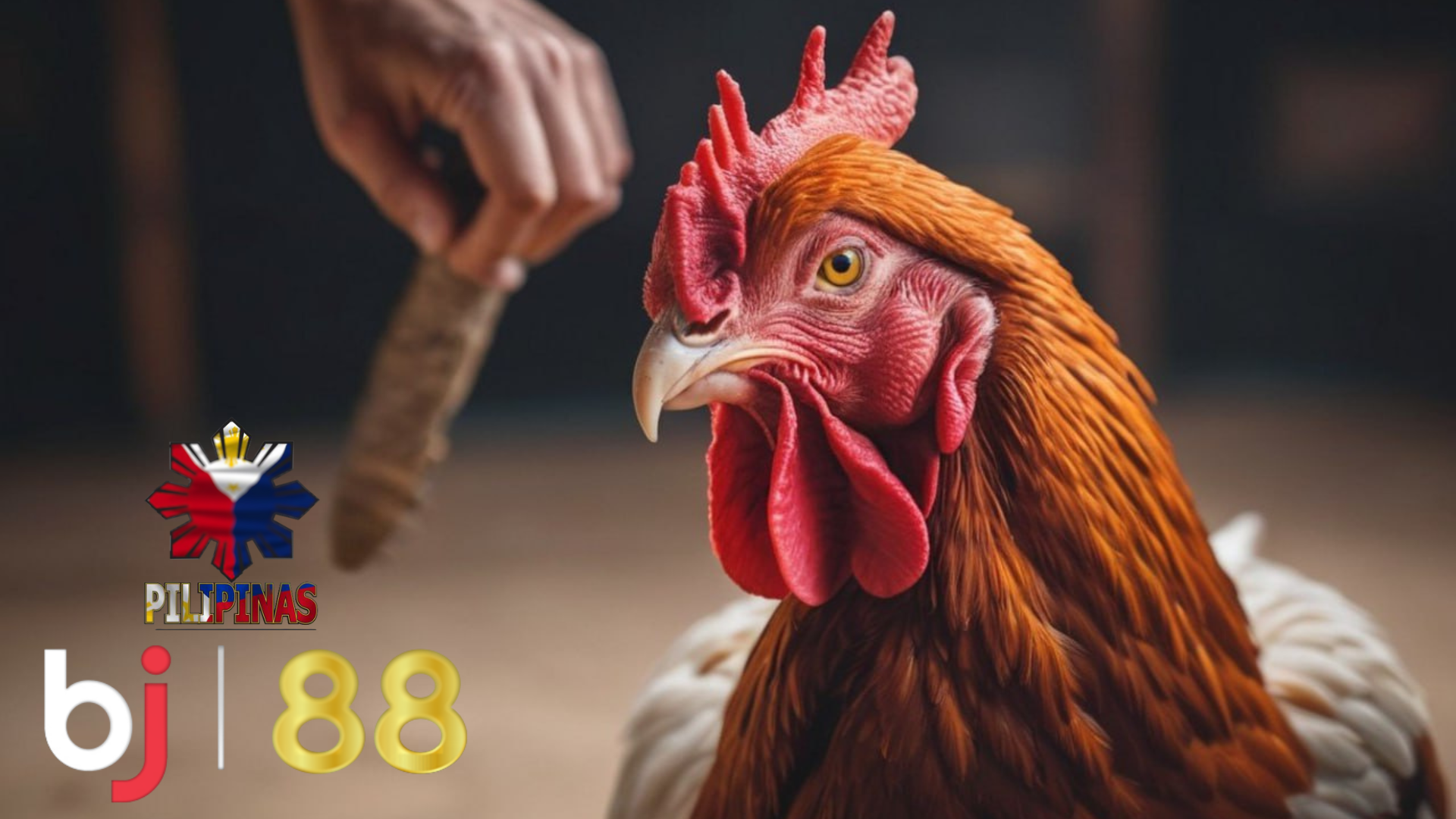Sabong, or cockfighting, is a centuries-old sport in the Philippines, traditionally held in cockpit arenas. Now, it has embraced the digital age and gained significant popularity as “online sabong.” This shift from physical venues to virtual platforms has transformed this cultural pastime, introducing new opportunities and challenges.
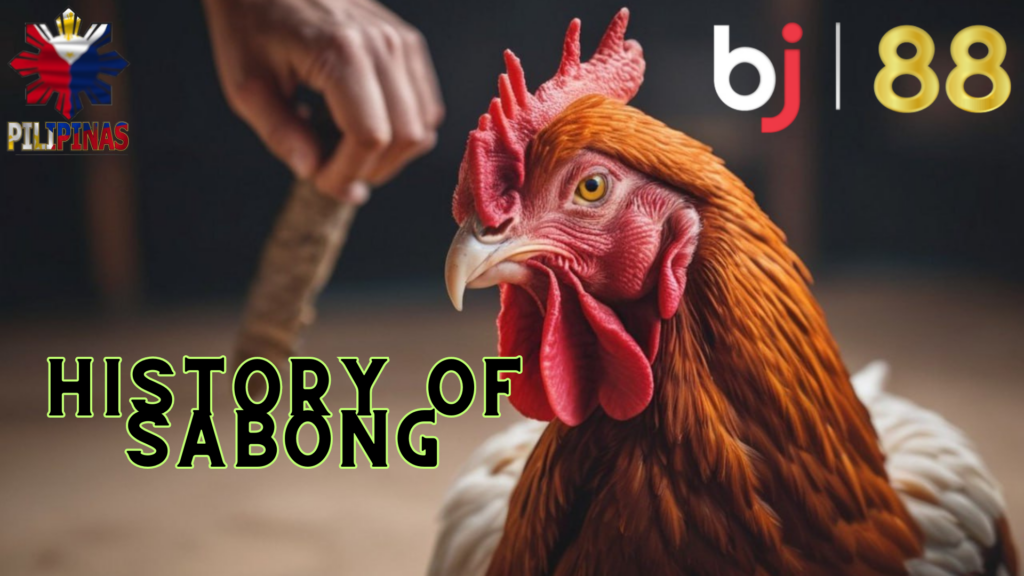
Sabong is deeply embedded in Filipino culture, dating back to pre-colonial times. It was traditionally a form of entertainment and social activity during festivals and significant community events. With the Spanish colonial period came the formal establishment of cockpit arenas, making sabong more regulated and organized. The Philippines even boasts its own gamefowl breed, the “Manok Panabong,” renowned for its agility and fighting prowess.
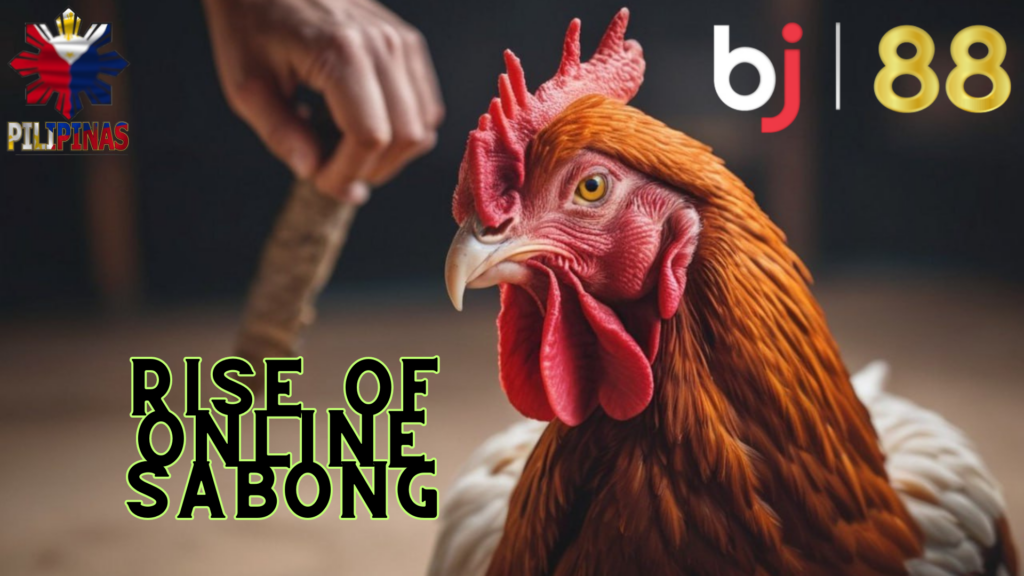
The rise of the internet and the widespread use of smartphones have enabled sabong to move online. Online sabong platforms let enthusiasts watch live cockfights, place bets, and interact with other fans from their homes. The COVID-19 pandemic accelerated this transition as traditional arenas closed to prevent virus spread.
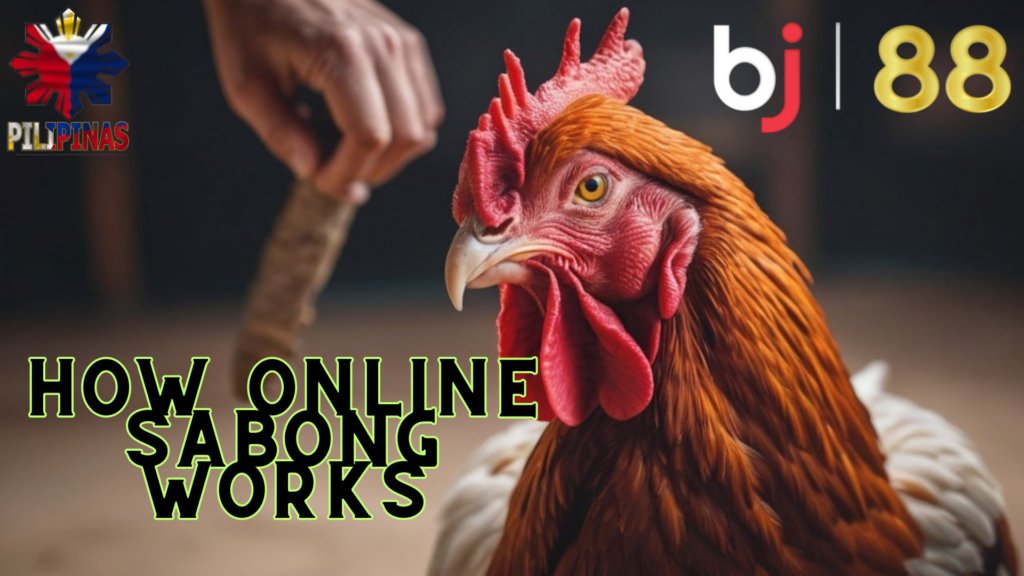
Online sabong platforms function similarly to traditional cockpits but with digital enhancements:
- Live Streaming: Cockfights are broadcast live from various locations, ensuring real-time viewing for participants.
- Betting System: Users can securely place bets on their chosen gamefowl through online transactions.
- Community Interaction: Platforms often feature chat options, forums, and social media integration, fostering a sense of community among sabong fans.

The rise of online sabong has led the Philippine government to implement regulations to ensure fair play, ethical animal treatment, and secure financial transactions. The Philippine Amusement and Gaming Corporation (PAGCOR) oversees licensing and regulation. Despite these measures, concerns about illegal gambling and potential exploitation persist.

Online sabong has become a significant economic driver, generating revenue for platform operators and the government through taxes and licensing fees. It also supports related industries such as gamefowl breeding, feed production, and veterinary services.
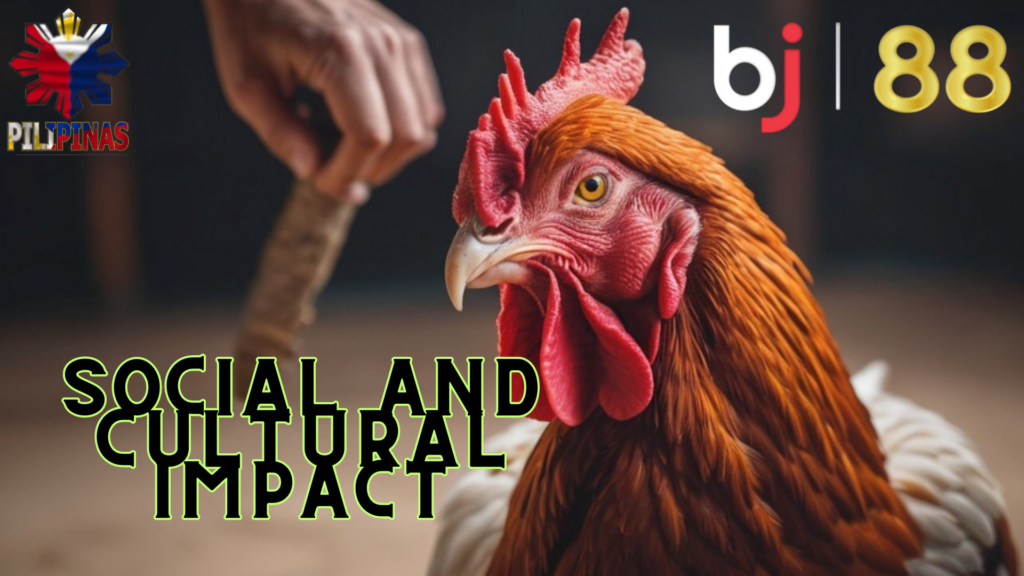
Online sabong has changed the social and cultural dynamics of the sport. It has made sabong more accessible to a global audience, allowing overseas Filipinos to connect with their heritage. However, it has also sparked debates about the ethical implications of promoting a blood sport in a modern digital context.

While online sabong offers many benefits, it faces several challenges:
- Ethical Concerns: Animal rights activists oppose promoting a sport involving animal cruelty.
- Gambling Addiction: The ease of online betting raises concerns about potential gambling addiction.
- Regulatory Compliance: Ensuring adherence to regulations in the digital realm is a complex, ongoing challenge.
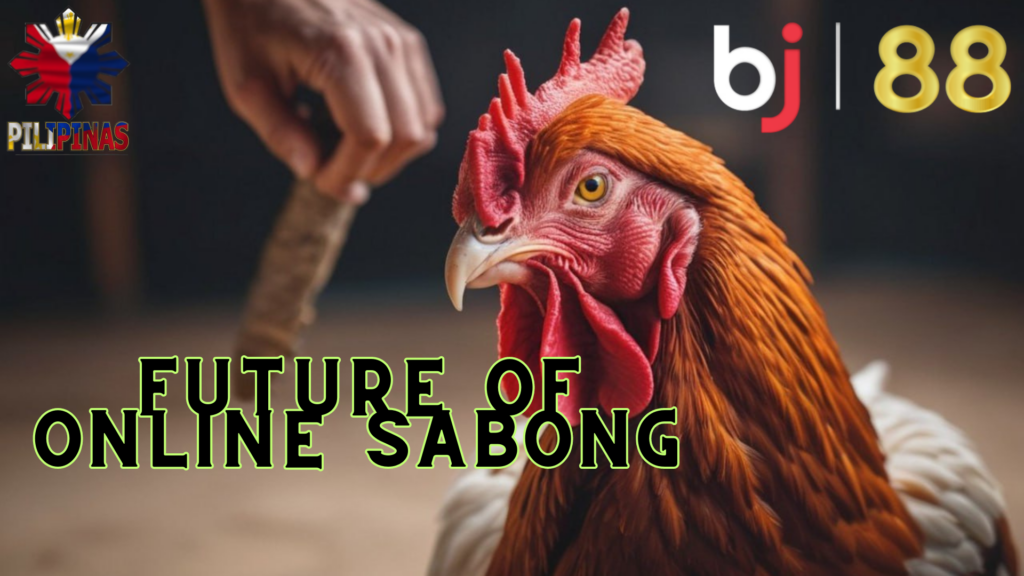
The future of online sabong looks promising, with technological advancements likely to enhance the user experience. Virtual reality (VR) and augmented reality (AR) could offer even more immersive experiences. However, balancing cultural preservation with ethical considerations and regulatory enforcement will be crucial for sustainable growth.
Conclusion
Online sabong represents a unique blend of tradition and technology. As it continues to evolve, it will play a significant role in the cultural and economic landscape of the Philippines. Addressing the associated challenges and controversies will be essential to ensure that this modern iteration of a historic sport thrives responsibly and ethically.

